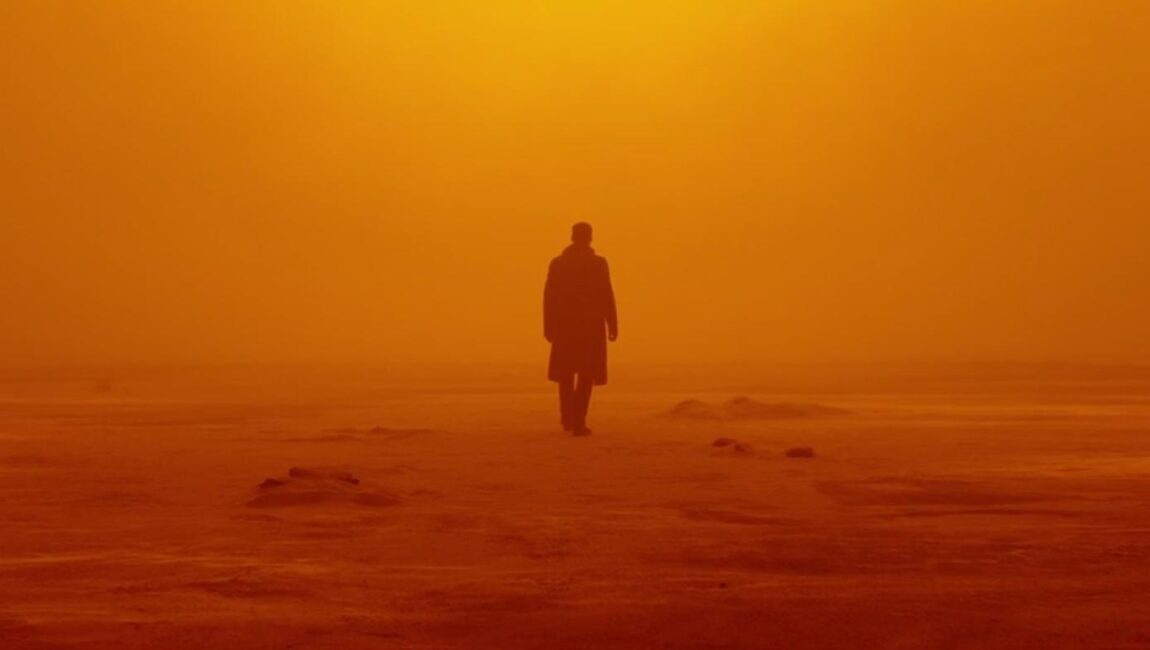Irish filmmaker Declan Clarke, who specializes in a political cinema focused on the great socialist philosophers of Europe’s last couple centuries (Engels and Luxemburg, for instance), has (unsurprisingly) yet to find much attention in the U.S. film scene, nor at the bigger international festivals. Working in narrative and nonfiction modes, and interweaving elements of noir and espionage fiction throughout both (many of his films including an “Agent” character played by the director), Clarke’s vision is surely an intriguing one, though the sort that’s rarely celebrated outside festivals of a certain size and scope.
Perhaps that could shift for Clarke with his latest nonfiction piece, Saturn and Beyond, which had its world premiere at FIDMarseille and was ultimately awarded the Georges De Beauregard International Prize. A partially autobiographical essay film, Saturn and Beyond’s big universal themes (that also happen to literally concern the universe) and relatable existential ruminations put Clarke in proximity of his broadest audience yet, though this shouldn’t be taken as suggestive of an unchallenging experience. Intertwining a brief summary of the development of electronic communication technologies (i.e., telegraphs, phones) with an overview of the Cassini-Huygens Saturn research mission and personal anecdote concerning the director’s father’s post-Alzheimer’s decline and eventual death. Linking these three tangents (kind of) are Clarke’s remembrances of his father’s establishment of the now-defunct Irish Museum of Broadcasting, a shuttered space that Saturn and Beyond brings the filmmaker back to, capturing its abandoned archive of communication ephemera in substantial 35mm photography. Otherwise mostly shot on 16mm (the director’s film medium of choice) and largely told in silence through title cards (reminiscent of a similar device employed by Su Friedrich in I Cannot Tell You How I Feel), Saturn and Beyond attempts to navigate between blunt fatalism and existential wonder, addressing the inevitability of universal decay directly while reaching at meaning never quite grasped within the 60-minute runtime. Honestly expressed and certainly ambitious, Saturn and Beyond does a nice job of holding space for Clarke’s raw emotional display, inviting the audience to participate in a mutually meditative experience. Yet, Saturn and Beyond is also overwhelmed by the combined unwieldiness of the leaps made in its script and the grimness of Clarke’s more emotionally confrontational moments. More effective in its immediate expression of grief than as the cohesive essay it set out to be perhaps, it’s still a document of something impressive, albeit rendered messily.
Published as part of FIDMarseille 2021 — Dispatch 2.







